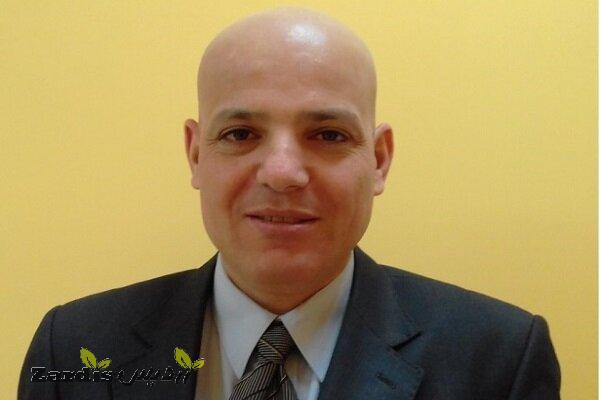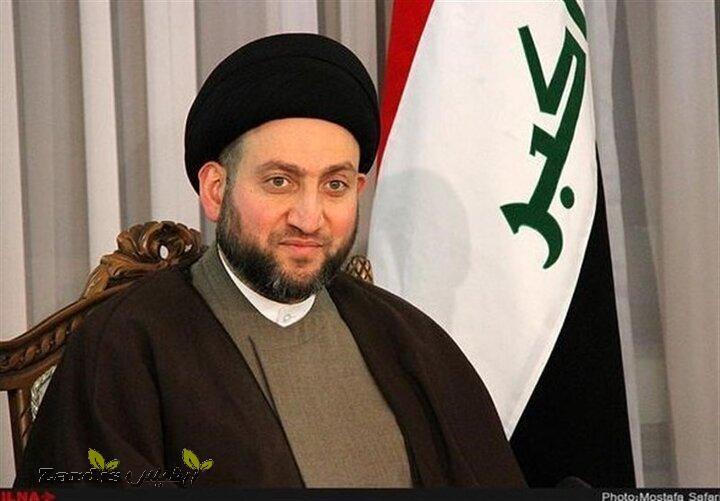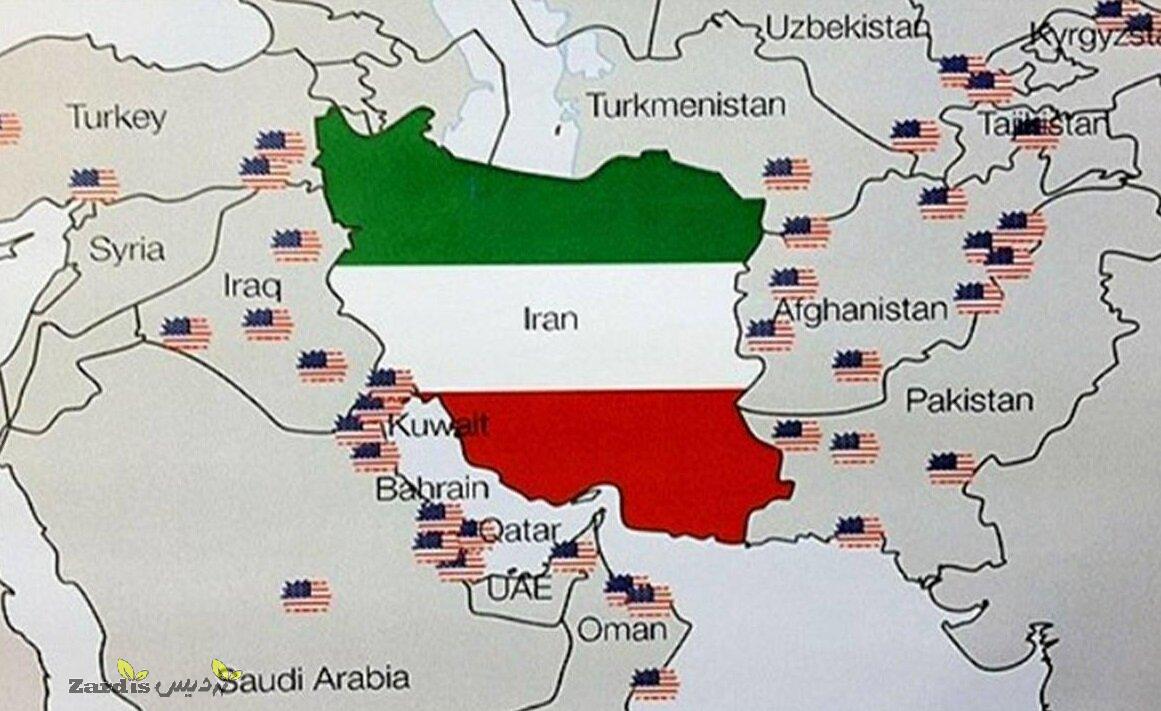TEHRAN – Iran and Russia are expected to play the most important role in reconstruction of Syria, despite Western attempts to cause friction between them, a Moscow-based expert says.
“Russia and Iran are the most influential countries of Syria’s geopolitical landscape, and it is expected to play the main role in the post-conflict reconstruction phase, especially after U.S. Caesar Civilian Protection Act sanctions, which block foreign investments for reconstruction from entering Syria,” Molhem Assef tells the Tehran Times.
According to the expert at Strategic Conjuncture Center in Moscow, “Some Western analysts supposed that the Syrian reconstruction processes could aggravate two areas of friction between Russia and Iran! In our opinion, it is not true, because there are many economic sectors, where Iran and Russia can support Syria.”
Following is the text of the interview:
Q: How do you assess Russia’s ties with regional powers like Iran and Turkey?
A: Firstly, we should know that in the world of politics sometimes problems emerge between partners as is the case between Russia and Turkey; Turkey is neither a strategic partner nor a rival for Russia.
“The progress in Russian-Chinese relations will be complicating Washington’s strategic calculations and its Western partners. Undoubtedly, this cooperation can be characterized by strategic and pragmatic interaction and offers mutual advantages for both countries.”
So, in this case, they need to find compromise solutions to the contentious issues. In this context, it should be mentioned here that Ankara needs to formulate its foreign policy more carefully; because Western governments targeted Turkey as a plank to implement their political schemes in various regions (West Asia, Ukraine, Central Asia), as it was done with Iraq in the 1980s for confronting Islamic Revolution of Iran.
One of the obvious examples is the attempt of Western governments to create a Kurdish state in the region, although Turkey considers itself a friend of these governments. Moreover, in the last decade, Western media has focused on some historical questions, such as the Circassian problem, and Pan-Turkism movement, Crimean Tatars.
The real goals of these attempts are to create conflicts between Russia and Turkey, which can destabilize the region especially in the Black Sea basin, Caspian Sea basin, Central Asia, which adversely affects the stability in Russia and China.
Concerning Iran, the relationship with Russia has been strengthened in the last decades, and they have become closer partners. Tehran and Moscow share the same views on various regional and international issues. In foreign policy, Iran and Russia are broadly like-minded, their interests often align, in particular challenging the U.S. and the EU antipathy. There is substantial policy convergence on international issues in various arenas, political, economic and military; that can offer support to each other and enable solving of many problems in the region, such as the problem of terrorism and extremism emergence in Syria; and of course, the two powers can collaborate to solve other problems in Afghanistan, Lebanon, Palestine and Yemen.
Q: China and Russia denounced new sanctions imposed by the United States against dozens of their companies and entities. Can we call it an economic war?
A: War is an armed conflict between two countries or different groups in a country, the aims of which can be territorial, economic, military, or other benefits. For several decades, the use of military power as a tool to implement political and economic goals constituted the main ideology of the ruling U.S. political elite. Arrogance and diktat of the United States’ successive administrations encourage many countries to develop their armament systems so that the engagement in open war becomes very difficult and expensive; Libya, Yemen and Afghanistan … etc. are vivid examples.
So, the USA has begun to use new tools to subdue the enemy without fighting, these tools are the economic and political sanctions. In the past, the causes of conflicts could be ideological or territorial, in our times; resources are the main causes of all almost conflicts. Therefore, sanctions imposed by the USA against Chinese and Russian companies are, of course, an economic war.
Q: How can Russia and Iran play an active role in the reconstruction of Syria and revive its economy?
A: Of course, Russia and Iran are the most influential countries of Syria’s geopolitical landscape, and it is expected to play the main role in the post-conflict reconstruction phase, especially after U.S. Caesar Civilian Protection Act sanctions, which block foreign investments for reconstruction from entering Syria.
Some Western analysts supposed that the Syrian reconstruction processes could aggravate two areas of friction between Russia and Iran! In our opinion, it is not true, because there are many economic sectors, where Iran and Russia can support Syria. Moreover, we think that there are many Russian and Iranian companies, specialized in various areas (construction of materials and machinery, oil and gas, electricity, mining technology, food industries, textile industries … etc.), which wish to invest in Syria reconstruction. So, opportunities and prospects are very broad, and the complementarities between Russia and Iran will be the driving force of joint efforts, which decrease the possibility of negative friction between them.
Q: Do you think Russia and China are going to form a regional coalition to curb U.S. influence in Asia?
Clearly, the progress in Russian-Chinese relations will be complicating Washington’s strategic calculations and its Western partners. Undoubtedly, this cooperation can be characterized by strategic and pragmatic interaction and offers mutual advantages for both countries.
Certainly, the Russo-Chinese alliance has become a necessity to protect their national security; because the United States is continuing its geopolitical engineering in Central Asia and the Caspian region. These U.S. operations will threaten China’s “Belt and Road Initiative (BRI)” project.
In fact, this giant project, the implementation of which is expected to end in 2030, will link China with six important economic corridors: Mongolia and Russia, Eurasian space countries, Central and Western Asia, Pakistan, some countries of the Indian subcontinent, Southeast Asia countries. This project dissatisfied many Western countries, as it will lead to China’s economic “dominance” in the world. On the other hand, many other countries, especially those whose territory would be a corridor for such roads, welcomed the Chinese initiative.
For Russia, U.S. interventions in regions close to Russian borders will destabilize the energy supply corridors, and as a result, impact the world oil and gas market.
Q: Do you think Russia is keen to play a more active role in West Asia, given U.S. withdrawal from Afghanistan?
A: In the foreseeable future, the situation in the post-U.S. withdrawal from Afghanistan will be very complicated; not only Russia is interested in Afghanistan’s stabilization, but also China and Iran. So, in our opinion, the joint efforts of these countries with the efforts of Central Asian states can stabilize Afghanistan. Obviously, Afghanistan’s destabilization will be a source of instability in the entire region.
In fact, at the moment, there is no strategy, neither Russian nor Iranian or Chinese about Afghanistan; but evidently, this region is of great geopolitical and economic importance. So, it is expected to create a platform to discuss this issue, in various formats such as Russia-Central Asia countries plus Afghanistan (1+4+1), Russia-China-Central Asian countries plus Afghanistan (2+4+1), or Russia-China-Iran-Central Asian countries plus Afghanistan (3+4+1) … etc.
- News code 27665
- 316 View
- بدون نظر
Zardis news | The latest news of Iran and the world
تمامی حقوق مطالب برای Zardis news محفوظ است و هرگونه کپی برداری بدون ذکر منبع ممنوع می باشد.
طبق ماده 12 فصل سوم قانون جرائم رایانه ای کپی برداری از قالب و محتوا پیگرد قانونی خواهد داشت.
طراحی و اجرا: سامانه سایت ساز زردیس







